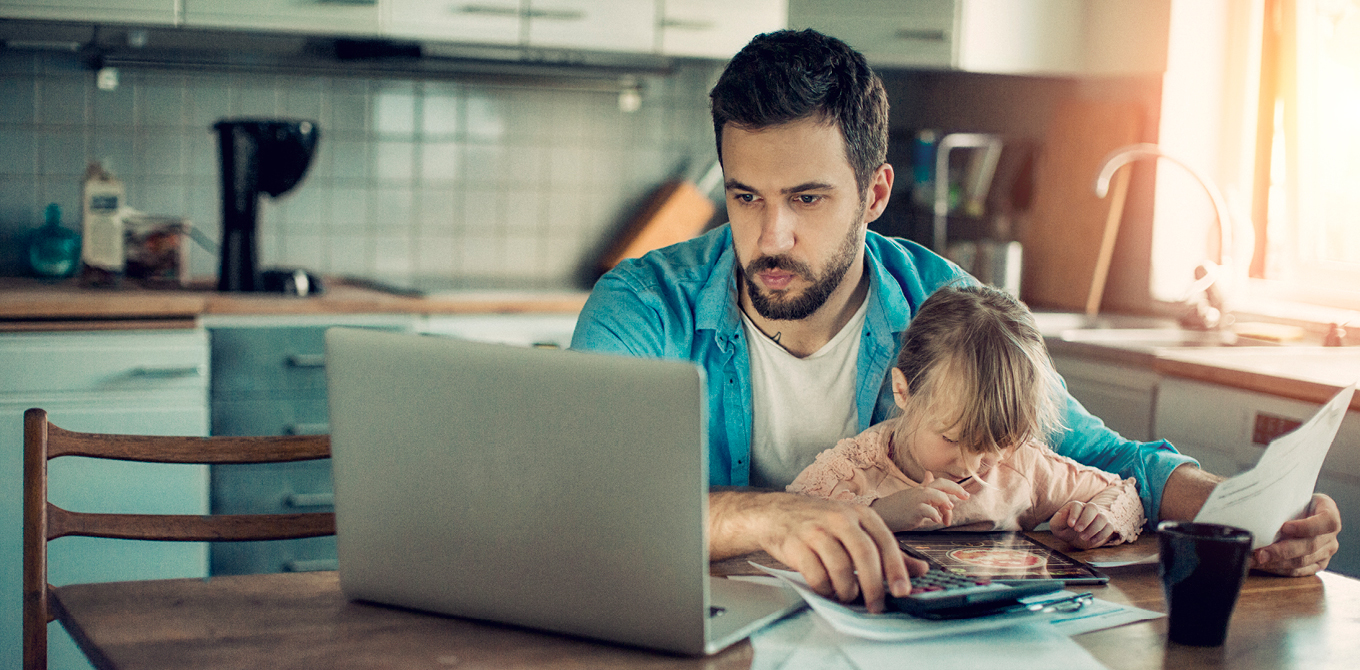How to use your stimulus payment wisely
Economic Impact (stimulus payments) are being distributed to millions of people throughout the United States in response to the COVID-19 pandemic.
Will I receive a stimulus payment?
If you’re eligible and the IRS has your banking information, it may direct-deposit your payment into that same account. Anyone who received the first round of payments earlier this year, but doesn’t receive a payment via direct deposit will generally receive a check or, in some instances, a debit card.
You can check the status of your payment via the Get My Payment website created by the IRS.
How should I use my payment?
Figuring out the best way to use your check to improve your financial health during the pandemic could require some serious thought and conversation with your family or others in your household.
Here are some options you should consider:
1. Maintain your health insurance. A medical emergency can be costly even if you have insurance, so you should try to continue your coverage even if you've lost your job or you live in a place with relatively few confirmed COVID-19 cases. Consider setting aside your payment to make sure you'll be able to maintain your health insurance as long as possible.
2. Pay for routine expenses. Many people will need to use their stimulus check to help cover bills and routine expenses. To make the most of it, review your spending from the last few months and identify expenses you can eliminate for things you can’t currently use, like gyms or other memberships. Also look for things to lower, maybe you can decrease your cable bill by reviewing your package. Consider postponing payments as well, many credit card companies, auto loan and mortgage providers are offering deferment or forbearance. Then make a new budget that shows how much cash you need for the next few months and divide up your check accordingly.
3. Stock up on basics. While there's no need to hoard paper towels in your garage, you should make sure you have enough food, medicine, and other necessities at home in case you're asked to self-quarantine and don’t have cash on hand. Figure out how much you'd need for up to two weeks and buy accordingly. If you take prescription medicines, your doctor and insurance company may approve a 90-day supply at this time.
4. Pay off credit card debt. Unexpected money is always a good opportunity to pay off high-interest credit card debt, but if your income is uncertain, you may want to prioritize a minimum or smaller payment for the next few months so you can conserve cash for more urgent needs. If you're struggling to make your payment due to the COVID-19 pandemic, call your credit card company and ask for a hardship deferment.
5.Save it. If you don't need to spend your check immediately, deposit it into a savings account until you identify the best use. If you don't have an emergency savings account, you should try to use at least part of your payment to start one. If you already have an emergency fund, you can add to it or replenish any funds you've used. An emergency fund can help you prepare for an illness, accident, natural disaster, or other unexpected financial needs during the COVID-19 pandemic. A money market savings account or certificate of deposit (CD) may have a slightly higher interest rate than an everyday checking or savings account. Before opening a money market or CD make sure there are no limitations to accessing the money when you need it.
6. Plan for your future. If you’ve got the necessities covered, another good option may be to think long term. Open or add to a Health Saving Account (HSA), if you're covered under a high deductible health plan you can open an HSA, which is basically a checking account with a debit card that you can use for medical services and supplies. Or consider opening an Individual Retirement Account (IRA). Both Traditional and Roth IRAs offer unique advantages, risk levels, and different tax benefits. Make sure you talk with your banker or financial advisor before deciding which type of IRA to open.
7. Donate to charity. If you’ want to give your stimulus money to those in need, look into local organizations that support people in your community. Also consider larger organizations that directly support COVID-19 relief efforts—one that provides food, supplies, or helps with medical needs. Wherever you choose to donate your dollars, be sure to take care when selecting the charity. Scams are on the rise due to the pandemic. Visit Charity Navigator or Charity Watch to do your research before donating.
There's no deadline to decide how to use your CARES Act economic impact check, so you don't have to rush into a decision. Take your time to consider what is best for you and your family, making a thoughtful decision could help stretch your dollars and strengthen your personal financial situation during this uncertain time.




